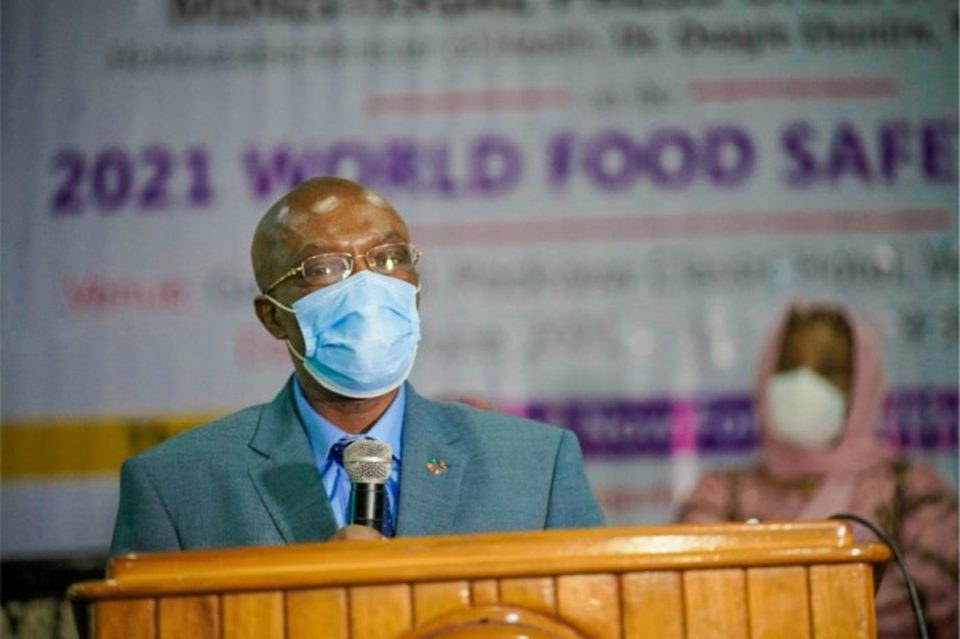Nigeria is home to 50 per cent of Africa’s neglected tropical illnesses and has the highest rates of Tuberculosis, paediatric HIV, and malaria in Africa, according to the World Health Organisation.
The WHO Country Representative, Dr Walter Mulombo, disclosed this on Thursday in Abuja at the sixth annual conference of the Association of Nigerian Health Journalists, with the theme “Health Security, Universal Health Coverage, and the National Health Insurance Act: How Can Nigeria Get It Right: The Role of the Media in Perspective,”
Mulombo, who was represented by the Field Presence Cluster Lead at WHO, Ahmed Khedr, said non-communicable diseases account for 29 per cent of all deaths in Nigeria, with premature mortality from the four main NCDs—hypertension, diabetes, cancer and malnutrition—accounting for 22 per cent of all deaths.
He said, “Here in Nigeria, healthcare is financed predominantly by households, who pay for healthcare out of their pockets. With healthcare out-of-pocket expenditure at 70.5 per cent of the current health expenditure in 2019, general government health expenditure as a percentage of the GDP was 0.6 per cent, while government expenditure per capita was $14.6 compared with the WHO’s $86 benchmark for universal health coverage.
“Currently, the country bears the highest burdens of tuberculosis and paediatric HIV, while accounting for 50 per cent of neglected tropical diseases in Africa.
“Although the prevalence of malaria is declining (from 42 per cent to 23 per cent), the country contributes 27 per cent of global cases and 24 per cent of global deaths.
“NCDs account for 29 per cent of all deaths in Nigeria, with premature mortality from the four main NCDs (hypertension, diabetes, cancer, and malnutrition) accounting for 22 per cent of all deaths.
“While the poorest households feel the heaviest impact of these inefficiencies and poor health outcomes as they have limited access to essential health services, the negative externalities pose huge losses to the Nigerian economy.
There is no single pathway to UHC. All countries must find their way, in the context of their own social, political, and economic circumstances.”




